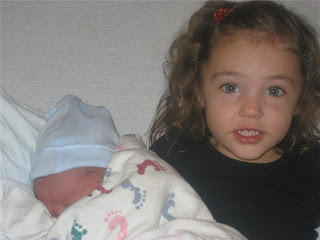Temperatures are dropping and static electricity is waiting to attack you. These harbingers of the approaching winter season prompt me to list some tips for maintaining your and your family’s healthy skin during the winter. Now is the time to start a winter skin regimen to ensure that your skin maintains its lovely, supple condition throughout the coming cold and dry months. Armed with the hints below along with an array of Devorah Naturals moisturizers, creams, balms and exfoliants you can do battle with ‘Old Man Winter’ and win.
1. Limit the amount of time spent in the shower or bath and use lukewarm water so the natural oils are not stripped from your skin.
2. Use a moisturizing soap for face and body. If your face is very dry, you might want to consider a facial cleanser that is cream based.
3. Apply moisturizers to damp skin immediately after you bathe. The oils in the lotions or creams will help hold moisture in to your skin.
4. Use facial moisturizers in the morning and before bed to maintain the health of your delicate facial skin. Use the same regimen for your neck and décolletage.
5. Use a lip balm, preferably unflavored as the flavor can encourage you to lick your lips which will cause more dryness. If your lips are already dry or peeling, exfoliate gently with a small amount of sugar in olive oil. Follow immediately with your lip balm.
6. Make sure you rub balm on children’s lips, cheeks, chin and forehead if they are going to play outside as this can help to prevent chapping from wind and snow. Reapply upon coming back into the house. This can be helpful for moms and dads too.
7. Adults, gently exfoliate your face and body once or twice a week. It will remove layers of dead skin cells which enables your moisturizer to sink into your skin faster.
8. Keep lotion on the sink and readily accessible to large and small hands alike. The moment ones hands are out of water, lotion should be applied. Lotion should be rubbed into the cuticles to help lessen problems with hang nails.
9. Keep lotion in the car and at the office as well. This comes in handy if you are in the habit of using hand sanitizer frequently to combat the germs from cold and flu season. Hand sanitizer may kill germs, but it is very drying.
10. Apply a heavier cream, butter or balm at night to hands, feet, elbows or any other problem areas. Cover with soft cotton gloves or socks.
11. Use a humidifier or boil water on a back burner of the stove (do not leave this unattended) to replace the moisture in the air.
12. Do not forget sunscreen for all members of the family if there will be prolonged exposure to the outdoors. UV rays penetrate cloud cover.
Winter is rough on skin and dry, chapped, flaky and dull skin can be very uncomfortable. Fortunately, with extra care your skin can look and feel healthy all winter long.





